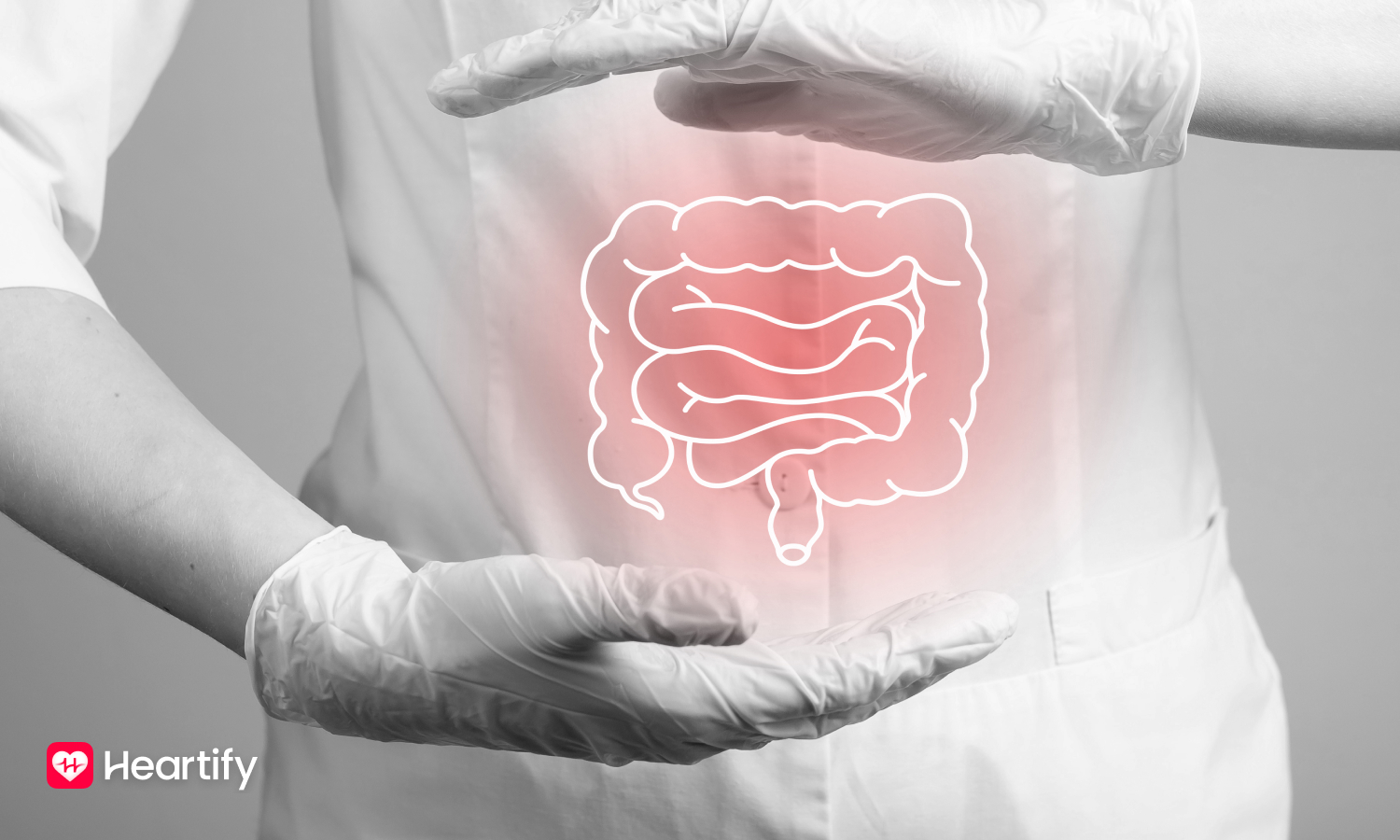Heart health and gut wellness have long been suspected of being closely intertwined, with recent discoveries providing more evidence than ever before. Unhealthy shifts in one's gut bacteria have tremendous implications on cardiovascular health, from increasing blood pressure and decreasing 'good' cholesterol levels to heightening the risks for biological debacles such as heart attacks or strokes - even resulting in outright heart failure. The root cause appears to lie in the compounds produced by certain species when breaking down various food components; an imbalance among this microbial population can lead to greater concentrations that damage vessels while raising overall cholesterol rates.
Scientists first looked into a compound called trimethylamine N-oxide (TMAO) to discover how this could be possible. Bacteria produce TMAO in the gut after consuming certain foods, such as red meat. Studies have shown that high levels of TMAO can increase the risk of developing atherosclerosis — a condition in which fatty material builds up on artery walls, leading to heart attacks and strokes. According to 19 studies published in the Journal of American Heart Association, elevated TMAO could raise one's odds by 62% for these risks and 63% higher chances of death from all causes during the study period.
Another way gut bacteria influence heart health is through inflammation. Inflammation occurs when the body responds to an infection or injury by releasing particular proteins called cytokines. Certain gut bacteria have been linked with higher cytokine levels, leading to increased inflammation throughout the body and putting you at risk for heart conditions such as coronary artery disease and cardiac arrhythmia.
In addition to TMAO and inflammation, one research shows how changes in the microbiome can affect cholesterol levels in the blood. People who had recently experienced an episode of severe illness had lower cholesterol levels due to changes in their gut microbiota. Altering your diet or taking probiotics could reduce cholesterol levels—and thus reduce the risk for cardiovascular disease — by changing the balance of bacterial species in your digestive system.
Here are easy daily steps to keep your gut in tip-top shape.
- Practice Hand Hygiene
- Fill Up On Fiber
- Ponder Probiotics
- Approach Antibiotics With Caution
All these findings point towards one thing. Your gut microbiome directly influences your heart health, increases atherosclerosis risk, and raises inflammation levels throughout the body. To keep your cardiovascular system in great shape, prioritize taking the necessary steps for a healthy gut microbiome! Nutrition and hygiene are pivotal in preventing health issues like cardiovascular disease. You can reduce risk factors for such concerns by maintaining proper hand sanitization habits, eating meals rich in fiber, and considering probiotic supplements to ensure an optimal balance of helpful bacteria within your system.
*Make sure you consult with your doctor if any concerning symptoms arise so they can provide additional guidance tailored specifically for you.
Respectfully yours,
Heartify







